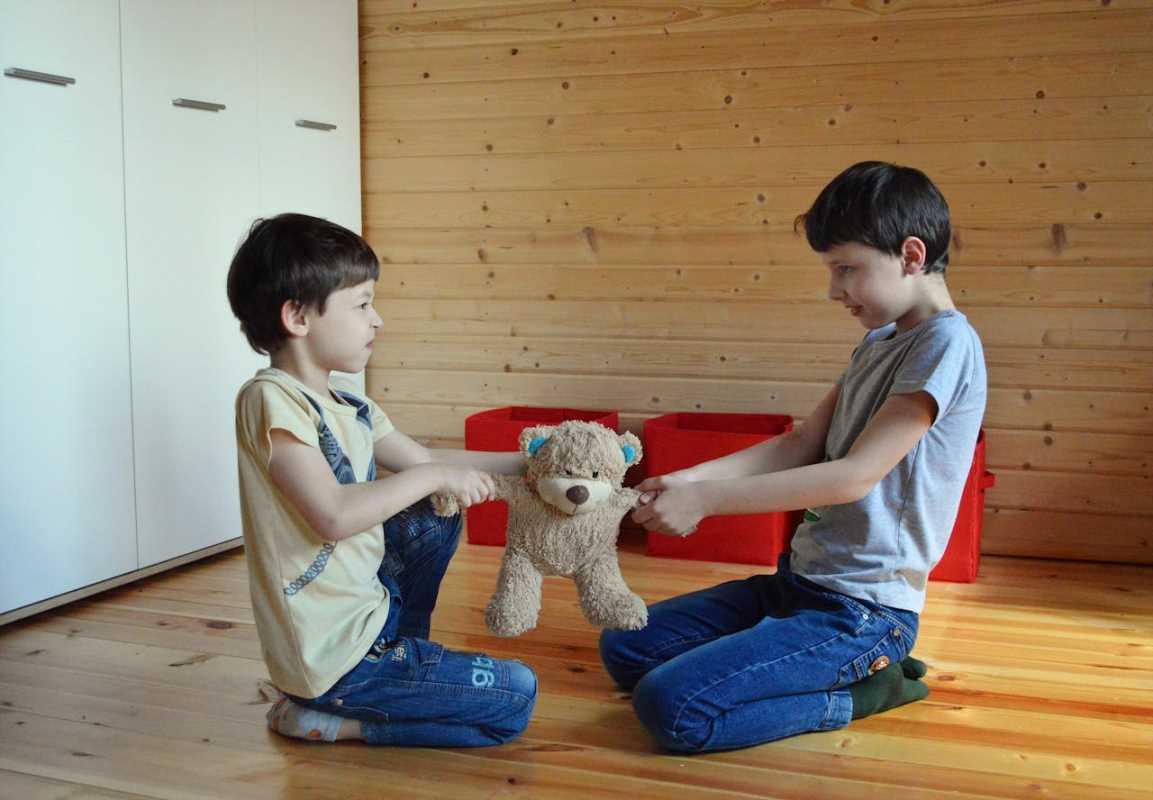Relationships, like gardens, need consistent care and attention to thrive. Long periods of neglect—whether caused by busy schedules, personal struggles, or communication breakdowns—can leave both partners feeling disconnected and unfulfilled. Repairing the relationship may seem daunting, but with effort and vulnerability, it’s entirely possible to rebuild the connection.
By focusing on open communication, mutual understanding, and intentional actions, you can restore trust, rekindle emotional intimacy, and create a stronger bond. Use these actionable tips to begin the process of healing and rediscovering the partnership you both value.
1. Acknowledge the Gap
The first step in repairing a neglected relationship is addressing the issue openly and honestly. Ignoring or minimizing the distance between you prevents progress, while acknowledgment creates a foundation for change.
- Take responsibility for your role. Reflect on personal habits or decisions that may have contributed to the emotional gap. For instance, prioritizing a demanding workload without balancing time for your partner can unintentionally strain the relationship.
- Invite honesty. Ask your partner how they’ve been feeling and encourage them to express their unmet needs without fear of judgment. An example could be, “I realize we haven’t spent as much quality time together. How has that felt for you?”
- Avoid blame. Approach the discussion with curiosity and a solutions-oriented mindset rather than dwelling on past mistakes.
Acknowledging the situation paves the way for meaningful conversations that spark understanding and empathy.
2. Reignite Communication
Effective communication rebuilds trust and fosters reconnection. After a prolonged period of neglect, conversations may feel forced or awkward, but rekindling this bond is crucial.
- Schedule uninterrupted time. Create opportunities for meaningful dialogue without distractions like phones or television. A weekly check-in, for example, allows both partners to share thoughts and feelings.
- Practice active listening. Show genuine interest in what your partner says by maintaining eye contact, nodding, and summarizing their points. Listening to understand—rather than to respond—restores emotional connection.
- Be open and transparent. Share your own emotions and vulnerabilities to foster a safe space for honesty. Saying something like, “I’ve missed this connection and want us to feel close again,” invites your partner to reciprocate.
Regular, heartfelt communication can breathe new life into the relationship.
3. Prioritize Quality Time
Spending intentional time together is essential for bridging the emotional gap created by neglect.
- Start small. Reignite the bond with simple, meaningful activities like daily walks, cooking meals together, or unwinding with shared hobbies. Even 30 minutes of undivided attention can make a difference.
- Plan special outings. Rekindle romance by revisiting places with fond memories or trying new experiences together. A couple’s day trip or date night can bring excitement and novelty back into the relationship.
- Be consistent. Demonstrating a regular commitment to quality time reassures your partner that they’re a priority in your life.
Spending intentional time together signals effort and a renewed dedication to the relationship.
4. Rebuild Emotional Intimacy
Neglect often leaves emotional intimacy strained, making it vital to nurture kindness, affection, and trust.
- Show appreciation regularly. Express gratitude for your partner’s efforts, no matter how small. Phrases like, “Thank you for always supporting me,” build emotional security and mutual respect.
- Reconnect through physical touch. Simple acts like holding hands, hugs, or a reassuring pat on the back reinforce love and affection.
- Discuss hopes and dreams. Share personal aspirations, things you’re excited about, or goals for your life together. Discussing the future reestablishes a sense of mutual investment in the relationship.
Deepening emotional intimacy renews trust and helps both partners feel valued and understood.
5. Address Unresolved Issues
Neglected relationships can leave unresolved issues bubbling under the surface. Tackling these openly is essential for long-term healing.
- Choose the right time. Avoid bringing up sensitive topics during emotionally charged or rushed moments. Calm, intentional discussions encourage solutions rather than conflict.
- Keep the focus on resolutions. Highlight what can be improved rather than dwelling on past frustrations. For example, “How can we split responsibilities better moving forward?” is more constructive than rehashing old disagreements.
- Consider professional help. A counselor or therapist can assist couples in navigating deeper issues they might struggle to resolve alone.
Working through unresolved problems promotes accountability and mutual growth.
6. Set Clear Goals and Boundaries
After a period of neglect, couples often benefit from creating shared goals and boundaries to solidify their renewed efforts.
- Define what “healthy” looks like for your relationship. Determine specific habits or practices that create balance and happiness, such as scheduling regular date nights or maintaining open communication.
- Communicate personal boundaries. Be clear about individual needs, preferences, and comfort zones. Sharing boundaries prevents misunderstandings and promotes a sense of safety.
- Track progress together. Periodically assess how both partners are feeling about the relationship. Asking questions like, “How are we doing so far, and is there anything we could adjust?” keeps things on track.
Having shared goals and boundaries ensures both partners contribute to the relationship’s success.
7. Be Patient and Committed
Rebuilding after neglect takes time, effort, and patience from both partners. Progress may feel slow, but consistency is key.
- Celebrate small wins. Acknowledge and appreciate the strides you’re making, whether it’s a heartfelt conversation or laughing together again.
- Be forgiving. Repairing a relationship isn’t perfect. Allow room for occasional missteps and use them as learning opportunities.
- Remain committed to growth. Staying focused on the positive steps you’re taking together strengthens your resolve and reinforces the progress you’re making.
Patience and perseverance ensure the relationship thrives long-term, despite occasional setbacks.
Reconnection is a process, and each step forward helps rebuild trust and closeness. Invest time and energy into your relationship to create a foundation that can weather life’s challenges and flourish in the years to come. Relationships may require effort, but the rewards of a strong, resilient partnership make it all worthwhile.
 (Image via
(Image via





